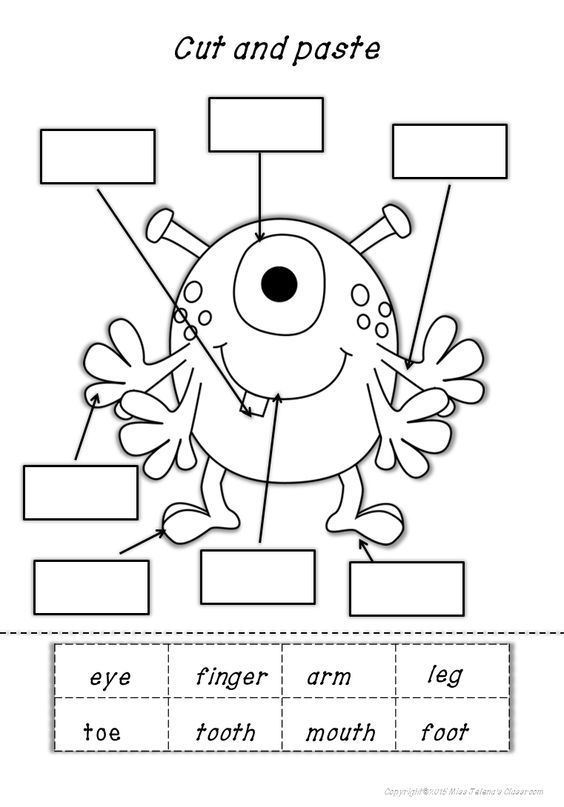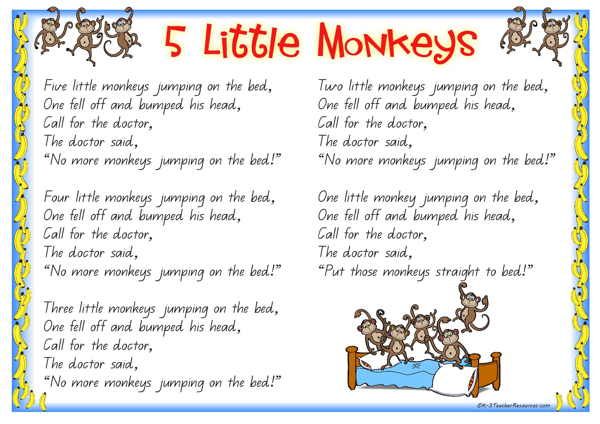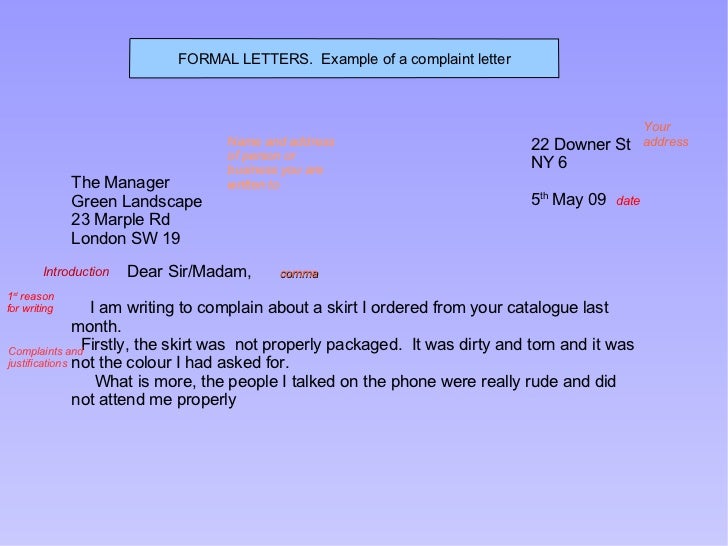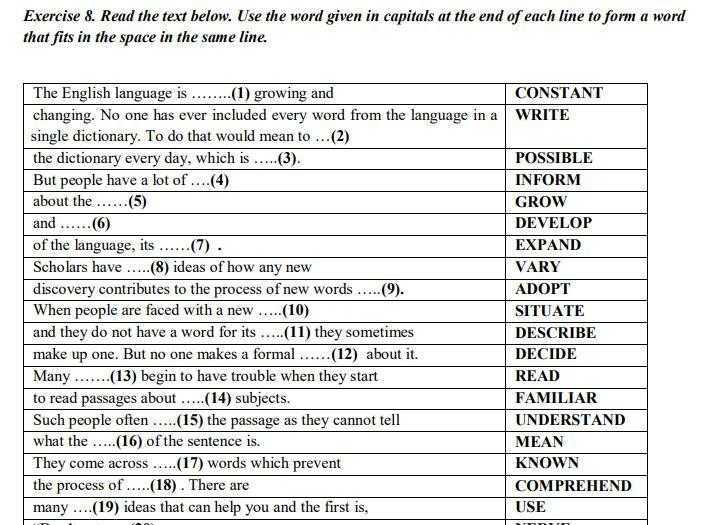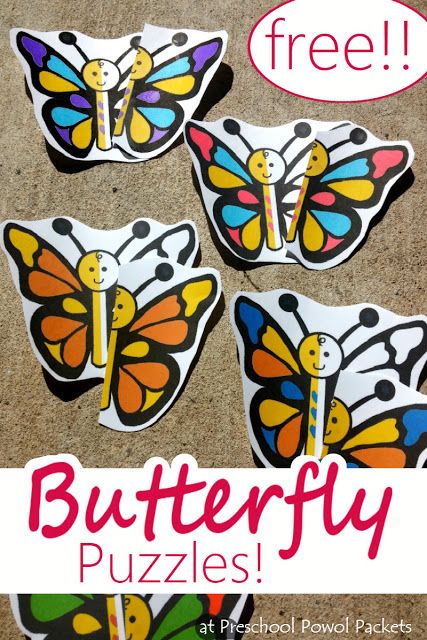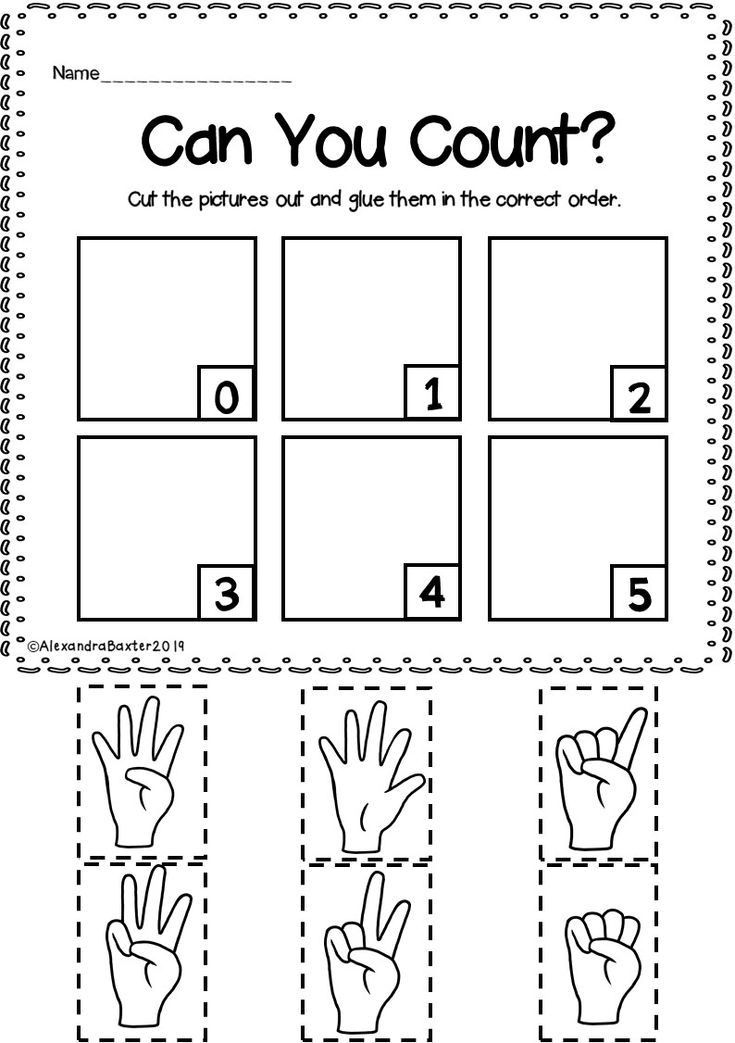Beginning spelling words
The Basic Spelling Vocabulary List
By: Steve Graham, Karen R. Harris, Connie Loynachan
This list was created to help teachers know which spelling words should be taught to kids in grades 1–5. The list contains 850 words that account for 80 percent of the words children use in their writing — the ones they need to be able to spell correctly.
This list was devised to help educators know which spelling words should be taught to children. The list contains 850 words that account for 80 percent of the words children use in their writing — the ones they need to be able to spell correctly.
Mastering this relatively small corpus of words yields a high rate of return. For example, the most common 1,000 words are used 13 times more frequently than the next most common 1,000 words. It also provides teachers flexibility in planning spelling instruction, providing an opportunity to give children the "basics" while supplementing with other spelling words germane to classroom activities.
Grade level for each word was determined based upon difficulty, pattern of occurrence in children's writing across grades, and grade placement on current vocabulary lists and spelling materials.
Words that children have difficulty spelling correctly are marked with an asterisk.
Grade 1 | |||
|---|---|---|---|
| a | fat | like* | sat
|
Back to Top
Grade 2 | |||
|---|---|---|---|
| about* | father* | lives | set |
Back to Top
Grade 3 | |||
|---|---|---|---|
| able | even | mind | spelling |
Back to Top
Grade 4 | |||
|---|---|---|---|
| across | during | mountain | sure* |
Back to Top
Grade 5 | |||
|---|---|---|---|
| although | different* | planet | suddenly
|
Back to Top
Graham, S.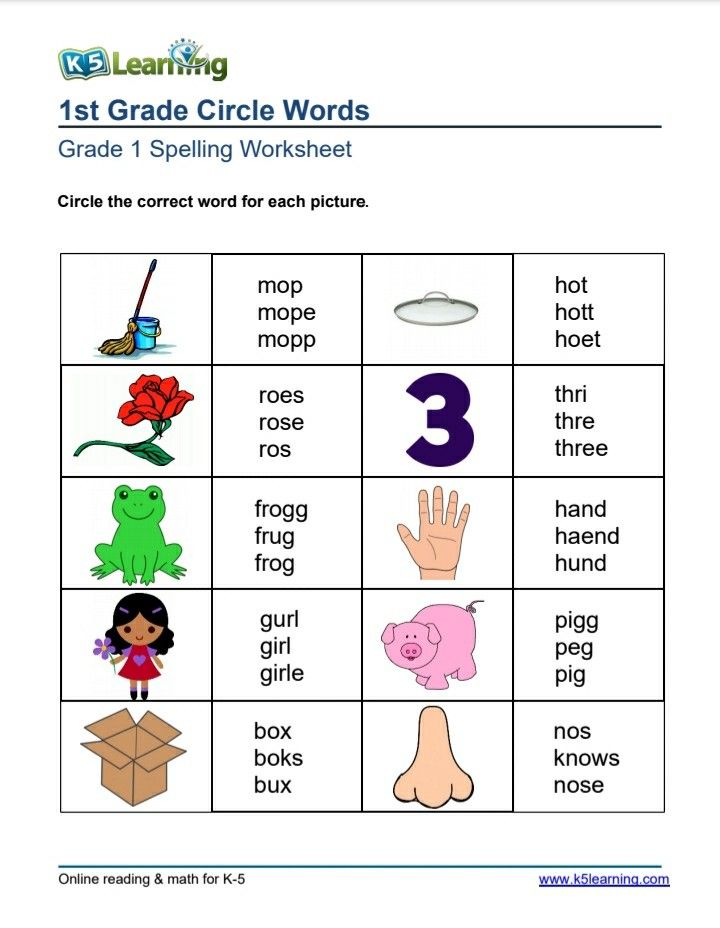 , Harris, K.R. and Loynachan, C. (1993). The Basic Spelling Vocabulary List. Journal of Educational Research 86(6) 363-368.
, Harris, K.R. and Loynachan, C. (1993). The Basic Spelling Vocabulary List. Journal of Educational Research 86(6) 363-368.
Reprints
You are welcome to print copies for non-commercial use, or a limited number for educational purposes, as long as credit is given to Reading Rockets and the author(s). For commercial use, please contact the author or publisher listed.
Related Topics
Early Literacy Development
Spelling and Word Study
Vocabulary
Writing
New and Popular
100 Children’s Authors and Illustrators Everyone Should Know
A New Model for Teaching High-Frequency Words
7 Great Ways to Encourage Your Child's Writing
All Kinds of Readers: A Guide to Creating Inclusive Literacy Celebrations for Kids with Learning and Attention Issues
Screening, Diagnosing, and Progress Monitoring for Fluency: The Details
Phonemic Activities for the Preschool or Elementary Classroom
Our Literacy Blogs
Shared Reading in the Structured Literacy Era
Kids and educational media
Meet Ali Kamanda and Jorge Redmond, authors of Black Boy, Black Boy: Celebrating the Power of You
Get Widget |
Subscribe
Kindergarten Spelling Words & Vocabulary Activities
View Our Lesson Demos!
Time4Learning is an online student-paced learning system popular as a kindergarten homeschool curriculum, as an after school tutorial and skill sharpening during the summer break.
This page is a summary of curriculum topics, foundational skills and resources related to kindergarten spelling including information about:
- Kindergarten Spelling Curriculum
- Foundational Spelling Skills
- Kindergarten Spelling Words List
- Kindergarten Spelling Resources
- Additional Helpful Parent Tools & Resources
Kindergarten Spelling Curriculum Sequence
The spelling curriculum for kindergarten should cover kindergarten spelling words start with basic two letter words, or three letter consonant-vowel-consonant words, and become more complex.
For example, spelling words can be introduced that end with a silent e, changing the first vowel from short to long, for example, with a silent-e, HOP changes to HOPE.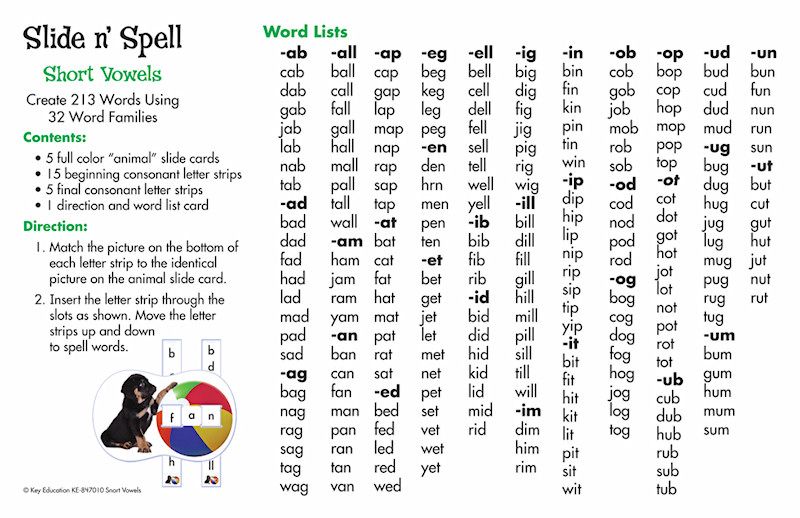 Also the double-e sound as in SEE, FEE and TREE and double-o as in BOOK are introduced.
Also the double-e sound as in SEE, FEE and TREE and double-o as in BOOK are introduced.
Another starting point for kindergarten spelling lists for the start of the year are: DAD and MOM. Children then start to expand the list by working through “word families”. From DAD, students would then learn that changing the first letter of a word would change the meaning and sound like BAD, SAD, HAD, and MAD. Also, they will learn that changing the vowel will also change the word like DID and HID.
In kindergarten, spelling skills grow to cover blends, for example, T plus R make the TR sound, such as in TREE. F and R blend to make the FR sound in FROG.
These very young children learn through spelling activities including many creative methods that make the kindergarten spelling program fun for them. Remember, every child learns at a different rate, so what works for some students, may not be the correct approach for your child. Which is why so many parents enjoy Time4Learning’s self-paced, modularized lesson plans.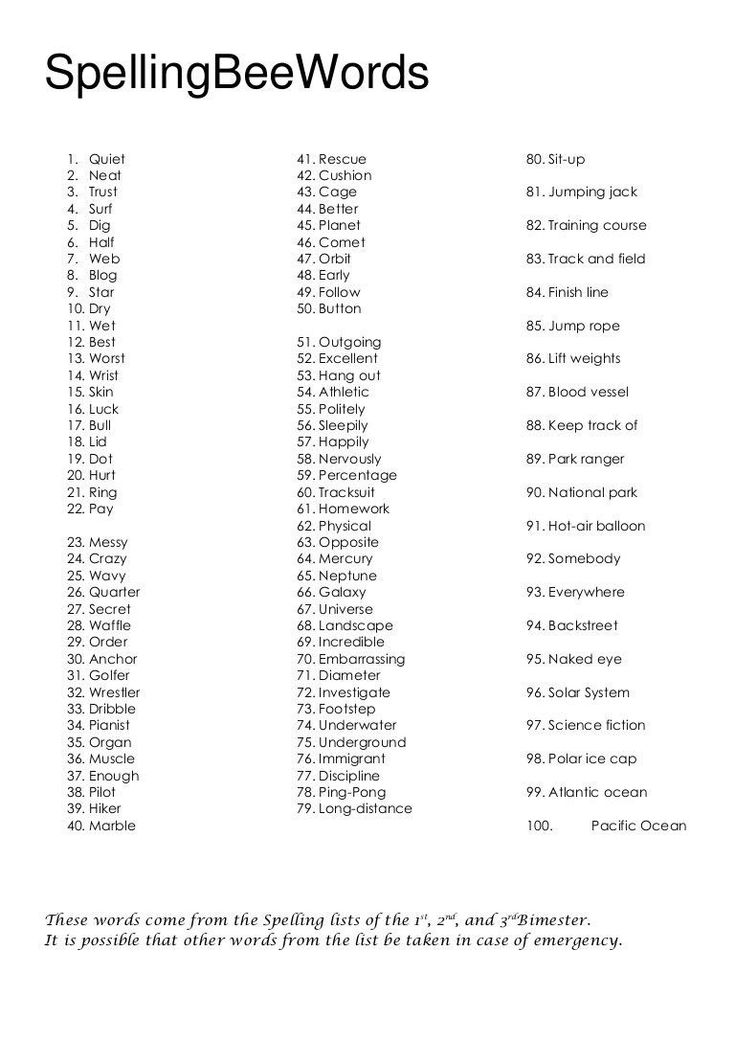 You can skip lessons that teach concepts your child has already mastered and repeat those he or she has not. The choice is yours.
You can skip lessons that teach concepts your child has already mastered and repeat those he or she has not. The choice is yours.
Foundational Spelling Skills
Spelling skills should develop as part of an overall language arts phonemic awareness, phonics, reading comprehension, vocabulary and reading fluency, grammar, reading and writing program. Children should (with help from their parents) develop their foundational spelling skills through an interest in words, regular writing, constant reading, a study of spelling rules, and playing of spelling games.
With help from their parents, children can develop and reinforce foundational spelling skills through the following activities:
- Regular writing for a head start on spelling, punctuation, and other concepts
- Constant reading or use of reading workbooks
- Frequent study of spelling rules like the relationships between letters and sounds
- Spelling bees for a fun way for your child to practice their spelling
- Playing of spelling games, quizzes or word games to help develop their spelling skills
- Structured computer spelling programs
- Personalized tutoring and assistance to boost confidence
- Setting daily blocks of time for spelling and reading activities
- Instruction through guided spelling activities like word sorts or word boxes
- Creating a rich language environment at home based on the quantity and quality of words spoken
Time4Learning teaches a comprehensive kindergarten spelling curriculum using fun activities to build a solid spelling foundation.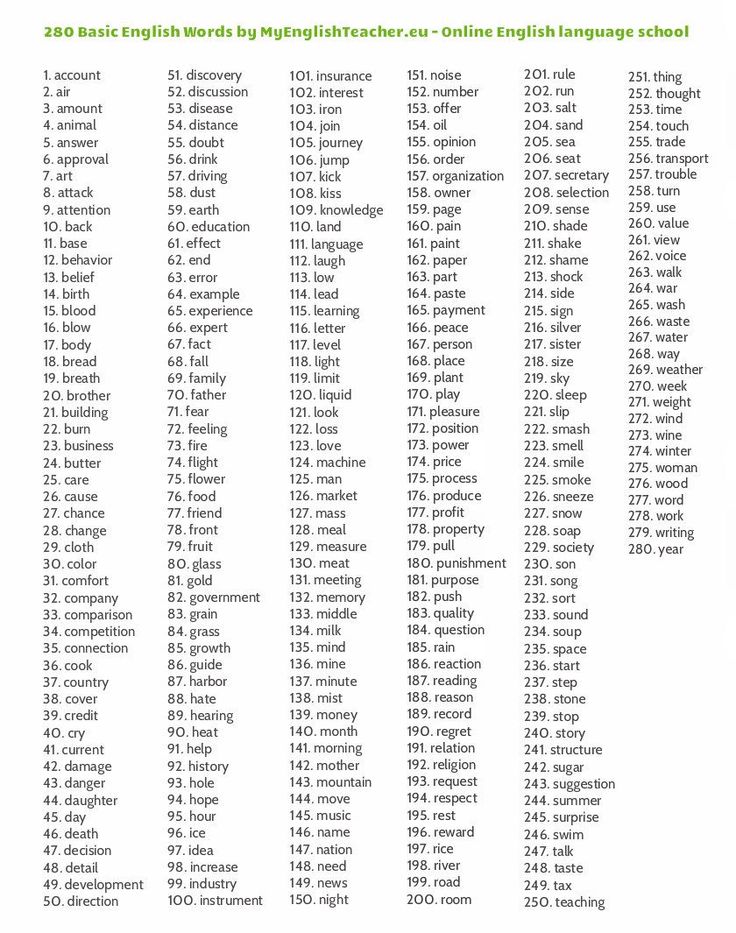 Help your child excel in spelling by trying out one of our Time4Learning’s kindergarten demos.
Help your child excel in spelling by trying out one of our Time4Learning’s kindergarten demos.
Kindergarten Spelling Words List
What spelling words should your kindergartener know? Here is a list of 40+ words that are great for use in spelling games, tests, or practice for an upcoming spelling bee. To add more value, download our Kindergarten spelling list printable worksheet with + 50words!
- bay
- day
- hay
- may
- pay
- ray
- say
- way
- fray
- gray
- by
- cry
- dry
- fry
- try
- toe
- hoe
- paw
- raw
- saw
- well
- book
- cook
- took
- bold
- cold
- fold
- hold
- mold
- sold
- doll
- game
- toy
- train
- get
- got
- say
- said
- car
- bus
Kindergarten Spelling Resources
If you’re interested in kindergarten spelling lists or vocabulary words, you might also be interested in:
- Our lesson planning worksheet can help you estimate how many lessons to have your child do each day
- Kindergarten curriculum overview with a summary of key kindergarten learning objectives
- Detailed list of Kindergarten language arts lesson plans
- Kindergarten Reading comprehension practice activities
Additional Parent Tools & Resources
Welcome to Homeschooling Guide – Are you new to homeschooling? This guide was written by seasoned homeschoolers to answer some of the difficult questions new families often struggle with.
Curriculum Lesson Plans – An overview of the number of lessons that are included for each grade and subject. All students have access to at least 2 (and in most cases 3) grade levels of curriculum for each subject, so they can move ahead or review at their own pace.
Lesson Planning Worksheet – Wondering how many lessons to have your child do each day? Estimate the number of activities per day using this easy to use, printable worksheet.
How to write correctly? / Legislative Duma of the Tomsk Region
Based on materials from the site http://www.gramota.ru
Words and turns of business speech that do not require punctuation marks
The list contains words and expressions, the punctuation of which is often asked by visitors
It should be remembered that these words are usually not distinguished by punctuation marks:
| similarly more or less literally (ultimate) ultimately in a pinch at best in any case in general mostly in particular in some cases primarily otherwise as a result of in connection with this | in that case at the same time in general in this connection in addition at the same time by all means afterwards still mainly often exclusively as a maximum as a minimum meanwhile just in case as a last resort | as far as possible at least as far as possible still practically if (all) desired if all (if) if while approximately equally at most at least nevertheless actually |
What date should I put on the document?
The date of the document is the date of its signing, for the act - the date of the event, for the minutes - the date of the meeting, the decision.
When writing the date, Arabic numerals are used (a pair of digits for the number, a couple of digits for the month and four digits for the year), the separator is a dot:
- 27.08.2007,
- 09/01/2007.
An alphanumeric date is also possible: March 5, 1999, September 1, 2007
How to write, with or without a space: 1500; 150g. BC. / 1500, 150 BC e.?
Graphically, the presence of a space is a sign of a word. All abbreviations and figures should be separated: 2007, 2008-2014, from 2001 to 2008
Is it possible to write the date in the documents like this: 04/19/08?
The day of the month and the month are written in two pairs of Arabic numerals (with a dot), the year - in four Arabic numerals: 19.04.2008.
If the date is written in numbers (08/22/2007), is it appropriate to write “years” after 2007, and if appropriate, how to do it correctly?
If the date includes the day of the month (day), month and year, then different spellings are possible:
- in digits: 08/22/2007;
- in words and numbers: August 22, 2007; August 22, 2007;
- only in words: August twenty-second, two thousand and seven.
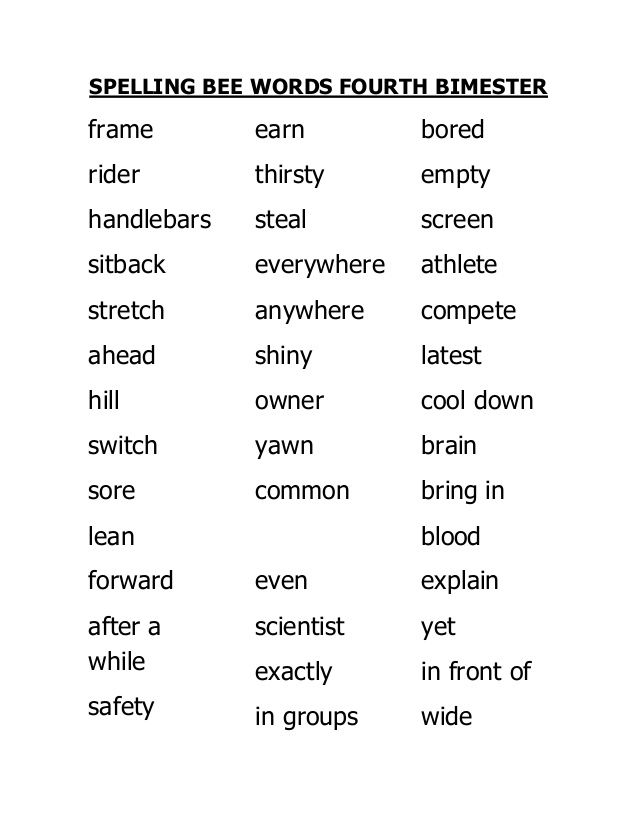
If the date is written in digits, the year word or abbreviation y is not required after the date.
How to write correctly: 2000-2002 or 2000-2002?
Accepted abbreviation of the word years - years.
Should be written: 2000-2002 Such an abbreviation is read as "two thousandth - two thousand two years."
Please note: there is a dash between the numbers, no spaces on either side.
When writing a statement, is the “addressee” centered on the right edge or on the left, but on the right side of the sheet?
The attribute "addressee" is usually left-aligned, but always located on the right side of the sheet.
When to use extensions?
Accretion (letter case ending) is used in writing ordinal numbers: 10th class "B"; 11th grade student; 1st car from the center; 5th level of difficulty; take 2nd and 3rd places; early 90-s, 12th route.
Accretion is not used:
- Recording cardinal numbers: dictionary in 4 volumes; work of 2 employees; a series of 12 exercises.
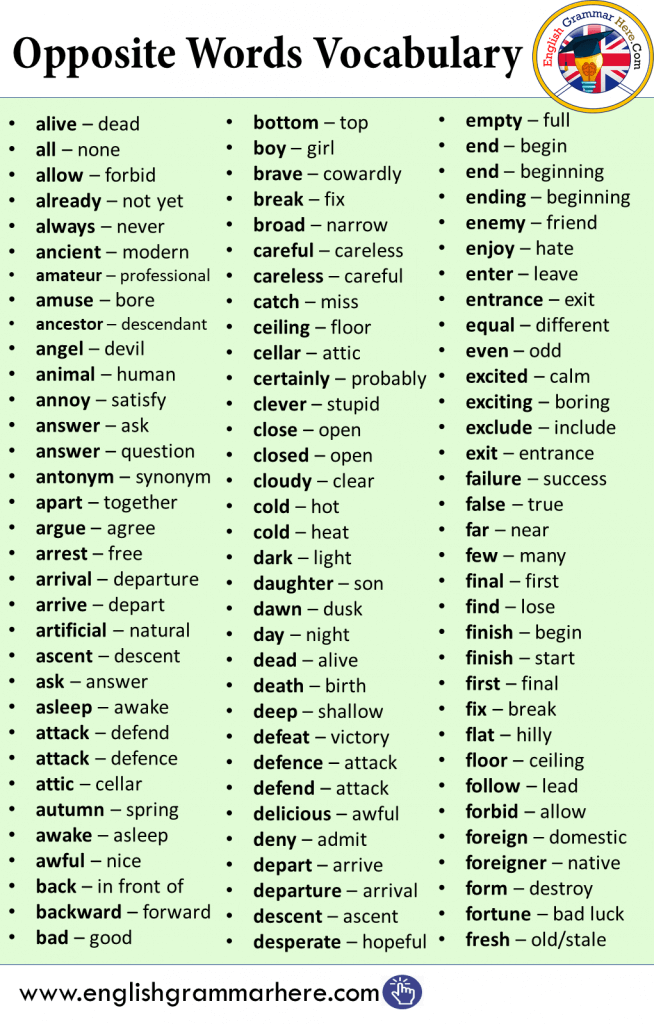
- When recording calendar numbers: March 22, 2003, April 1, January 10.
- If the number is indicated by a Roman numeral: II International Olympiad for schoolchildren in the Russian language; IX Congress, XXI century, Louis XIV.
- In the numbers of volumes, chapters, pages, illustrations, tables, appendices, etc., if the generic word (volume, chapter) precedes the numeral: on p. 196, in vol. 5, in tab. 11, in app. 1 (but: on the 196th page, in the 5th volume, in the 11th table, in the 1st appendix).
How to apply extensions?
The increment of the case ending in ordinal numbers indicated by Arabic numerals can be one-letter or two-letter.
According to the established tradition, the accretion should be one-letter if the last letter of the numeral is preceded by a vowel sound: 5th day (fifth day), 25th anniversary (twenty-fifth anniversary), in the 32nd edition (in the thirty-second edition), in 14th row (in the fourteenth row).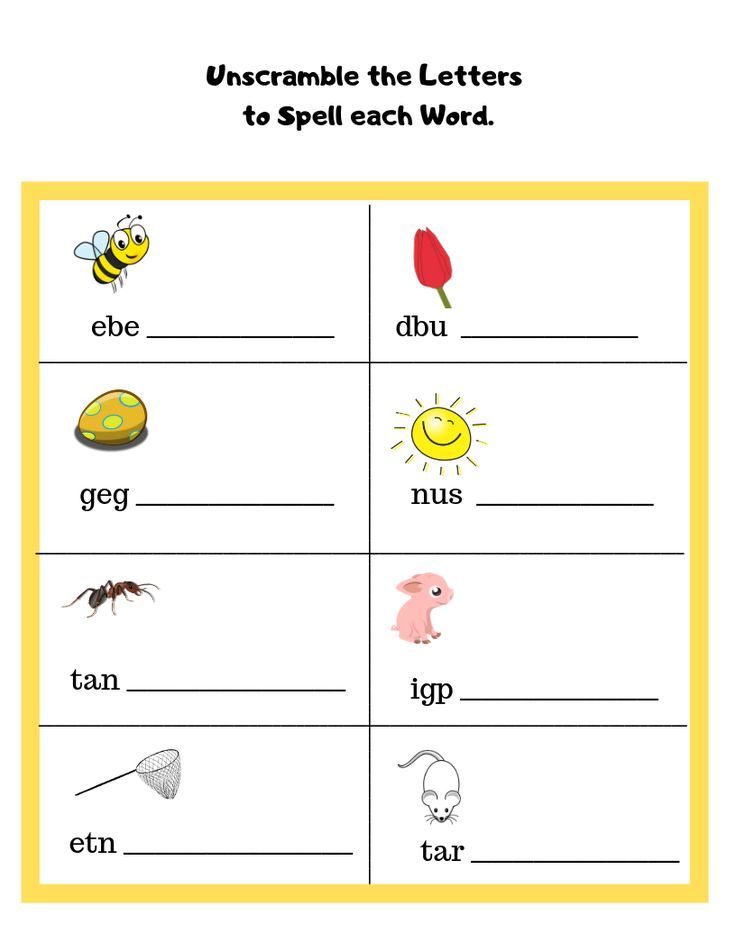
Accretion must be two-letter if the last letter is preceded by a consonant: 5th day (fifth day), to the 25th student (to the twenty-fifth student), from the 32nd edition (from the thirty-second edition), from the 14th row (from the fourteenth row).
If two ordinal numbers follow in a row, separated by a comma or joined by a union, the case ending is increased for each of them: 1st, 2nd cars; 80s and 90s.
If more than two ordinal numbers follow in a row, separated by a comma, semicolon or connected by a union, then the case ending is increased only for the last numeral: 1, 2 and 3 cars, 70, 80, 90 years.
If two ordinal numbers follow through a dash, then the case ending is increased:
b) for each numeral, if the case endings are different: in the 11th - 20th rows.
Source: Reference book of the editor and proofreader: Editorial and technical design of the publication / Comp. and general ed. A. E. Milchin. M., 1985.
How to punctuate the first sentence of a contract containing designations of contracting parties?
The correct punctuation in this phrase is: State Enterprise "Communication", hereinafter referred to as the "Enterprise", represented by General Director Alexander Mikhailovich Popovich, acting on the basis of the Charter, on the one hand and a citizen of the Russian Federation Babkin Ivan Vasilyevich , hereinafter referred to as the "Employee", on the other hand, have entered into this agreement as follows.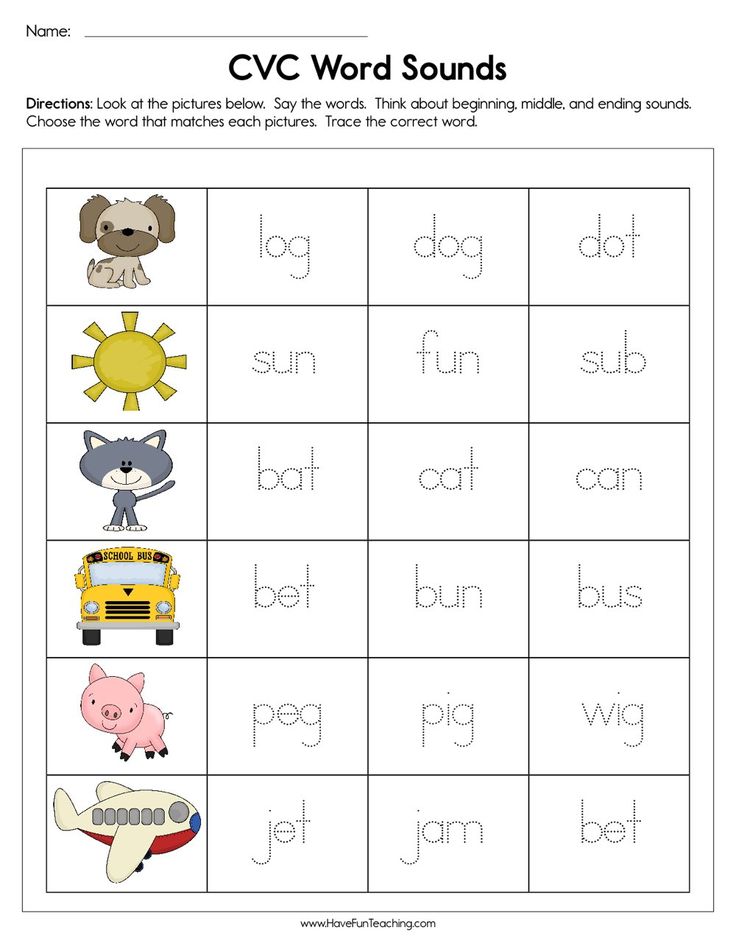 ..
..
Please note that in this phrase, the words on the one hand and on the other hand act as a circumstance and are not introductory, and therefore do not require punctuation.
Do I need a comma after the words "Sincerely" at the end of a business letter?
It is customary to put a comma after the words "With respect", despite the fact that the spelling rules do not regulate this case.
Correct example:
Sincerely yours,
Chief Accountant of Seascape LLC
D.O. Ivantseva
Do I need a period after the signature in a business letter?
Do not put a dot after the signature in a business letter. In documents, including business letters, the signature acts as a so-called requisite (mandatory element) that does not constitute a complete sentence.
It should be noted that in newspapers and magazines there is a tradition to put a dot after the author's signature if the signature is located after the main text of the article.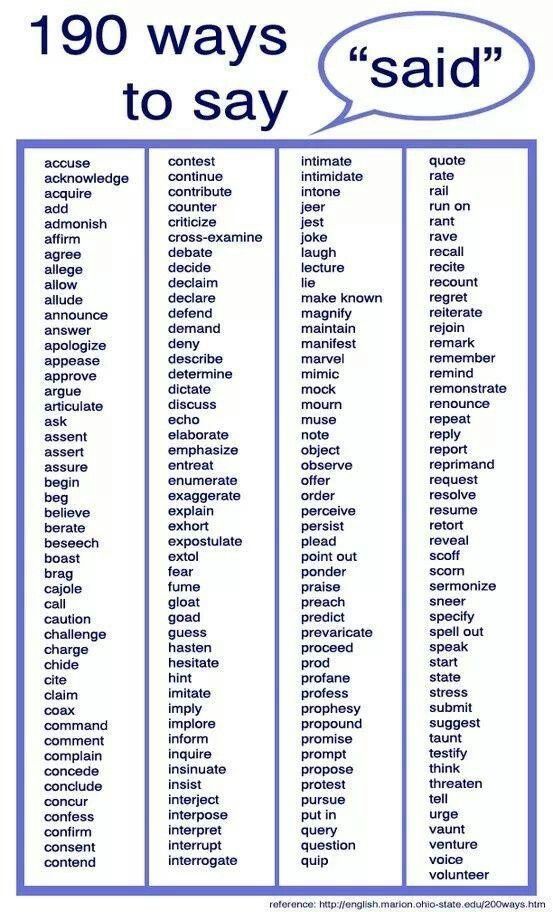
What to put after the address Dear Mr. Ivanov - an exclamation mark or a comma?
The first phrase of a business letter - an appeal - may end with an exclamation point or a comma. If there is a comma, the text of the letter starts with a lowercase letter. If there is an exclamation point, we write the first sentence with a capital.
how to spell it together or separately according to the rules of the Russian language
The spelling of the words “from the beginning” and “first” often causes difficulty, because they can be written both together and separately. Learn the rules and reinforce them with examples and a fun quiz
Igor Gerashchenko
Author of KP
Anastasia Buchko
Academic director of the Skysmart online school and adolescents in Russian
sometimes says that the beginning is always due to difficulties.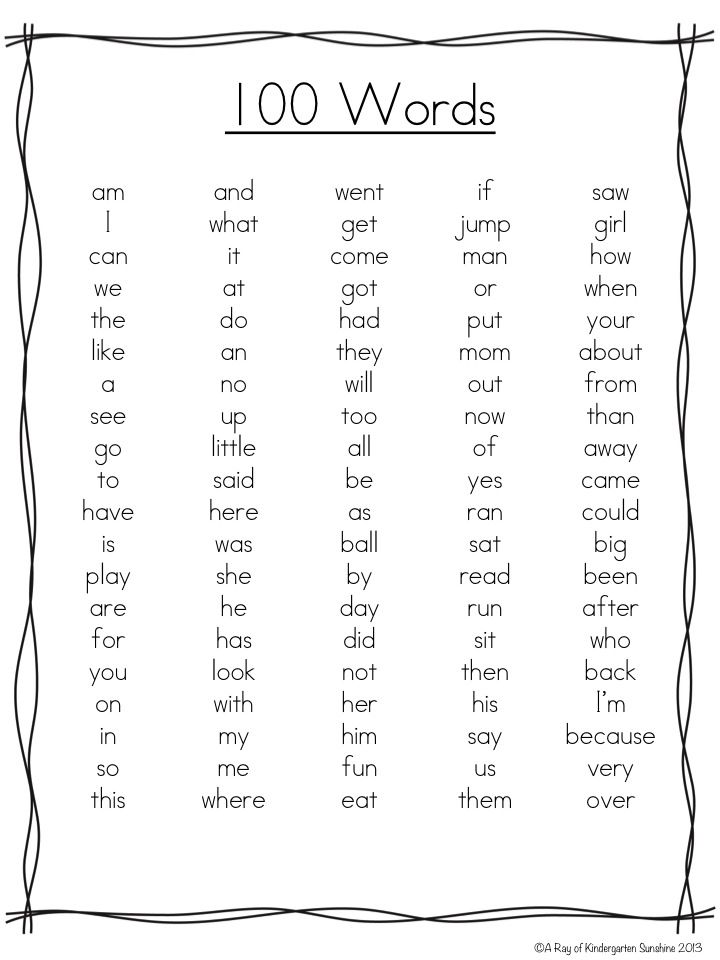 This fully applies to the spelling of this word, especially when the prefix or preposition "with" appears.
This fully applies to the spelling of this word, especially when the prefix or preposition "with" appears.
Differences in the spelling of the words "first" and "from the beginning" are rooted in a distant history associated with the formation of the modern Russian language. In the Old Russian language there was a word "begin". Later, from this common source, the corresponding adverb and noun appeared, which became the reason for the different spelling of the same-sounding words.
First rule
If this is an adverb, then “first” is written together. If this is a noun, then separately.
The adverb "first" is formed from a noun and does not change. Here you need a spelling rule that says: adverbs formed from nouns with spatio-temporal meanings are written together (for example, “up”, “down”, “forward”, “away”, “first”). Thus, the adverb "first" is written together with the prefix c-, which specifies the spelling of the suffix -a.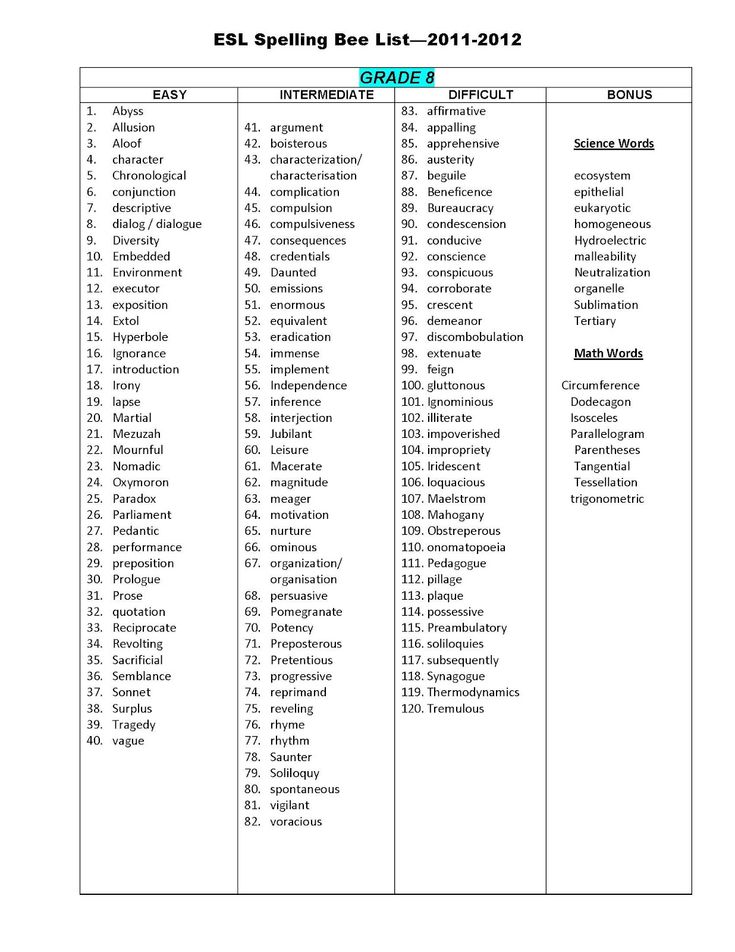
TOPIC
Examples
“First you have to engage in a serious battle, and then you will see” (Napoleon Bonaparte).
“Socrates made his students speak first, and then he spoke himself (Michel Montaigne).
“If you are going to love someone, learn to forgive first” (AV Vampilov).
“Every truth goes through three stages in the human mind: first, what nonsense!; then - there is something in it; Finally, who doesn't know this? (A. Humboldt).
The rule "from the beginning"
Separate spelling occurs when this word is used as a noun with a preposition. However, the question arises, how to distinguish a noun with a preposition from an adverb? There is a special trick here. If the word "beginning" can be removed from the sentence without changing the meaning, then this name is a noun and "with" is written separately.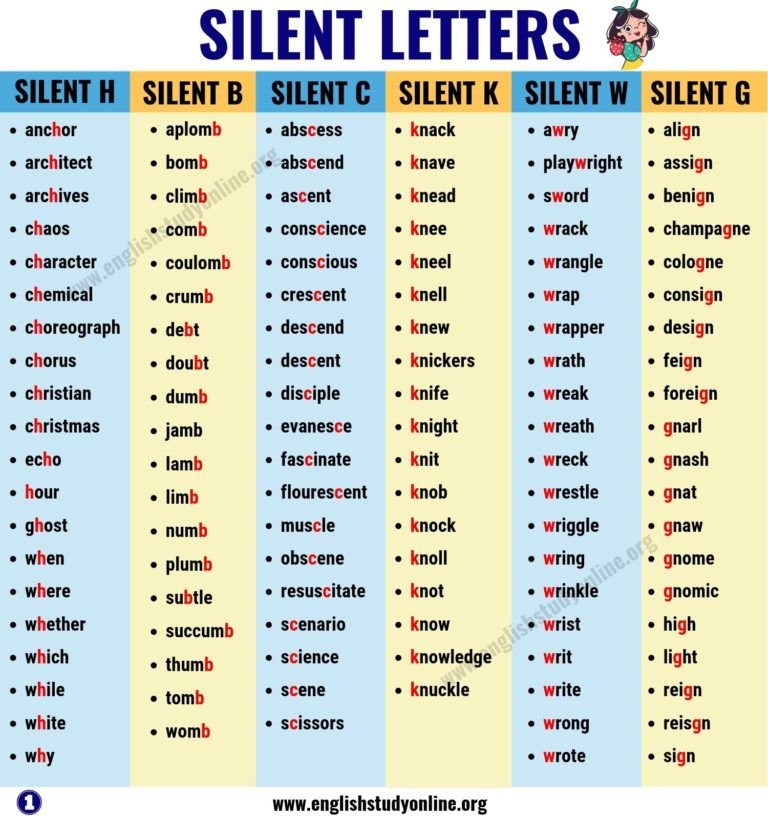 For example, “digital money will be introduced from the beginning of 2022” and “digital money will be introduced from 2022.” There is another way to check: if you can put a question word between “from” and “beginning”, then this is definitely a noun with a preposition. For example, "from the beginning (what?) of the lesson."
For example, “digital money will be introduced from the beginning of 2022” and “digital money will be introduced from 2022.” There is another way to check: if you can put a question word between “from” and “beginning”, then this is definitely a noun with a preposition. For example, "from the beginning (what?) of the lesson."
TOPIC
Examples
(Jules Verne).
“The doctor served in the navy quite recently, since the beginning of the war” (V. Kaverin).
It is necessary to gradually increase the load from the beginning of training.
Since the beginning of winter , severe frosts have set in.
From the beginning of the lesson, you need to be especially careful.
tips of the teacher
Anastasia Buchko, academic director of the SKYSMART online school and adolescents in Russian:
-“First” and “From the beginning”-these are homonymous forms , which in oral speech sound very similar.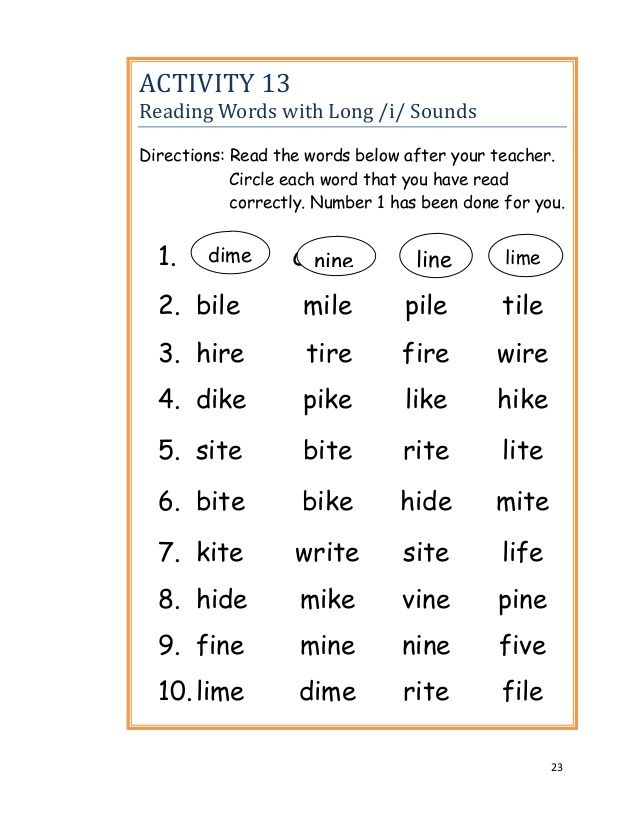 From the point of view of morphology, these are different parts of speech: the adverb “from the beginning” and the noun with the preposition “from the beginning”. It is important to understand the difference here. “First” means either “before”, “before something”, or “again”, “again” (first eat, start over), and “from the beginning” means part of an object or phenomenon (from the beginning of the year).
From the point of view of morphology, these are different parts of speech: the adverb “from the beginning” and the noun with the preposition “from the beginning”. It is important to understand the difference here. “First” means either “before”, “before something”, or “again”, “again” (first eat, start over), and “from the beginning” means part of an object or phenomenon (from the beginning of the year).
At school, children often do not understand why they need to know this difference and cram boring rules. Therefore, when I work on a lesson program, I build them in such a way as to convey the rules to the children using real-life examples. After all, the Russian language is what we use every day, and not just in literature lessons. It is a tool with which we experience the world and express ourselves. How to figure it out? In this case, His Majesty the context helps us!
Let me give you a few examples.
Please note that in the sentences from the second column we indicate the subject: the beginning (what?) of autumn, the beginning (what?) of spring, the beginning (what?) of the game.

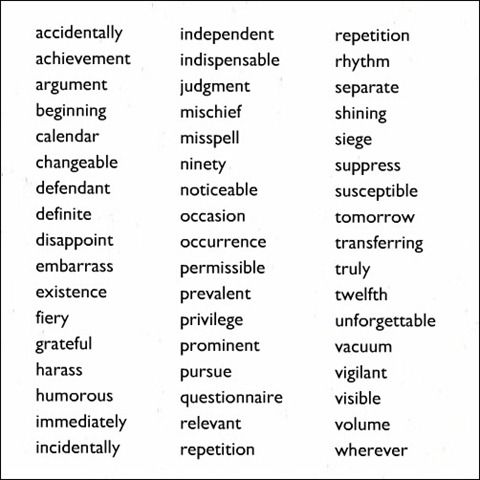 *
*